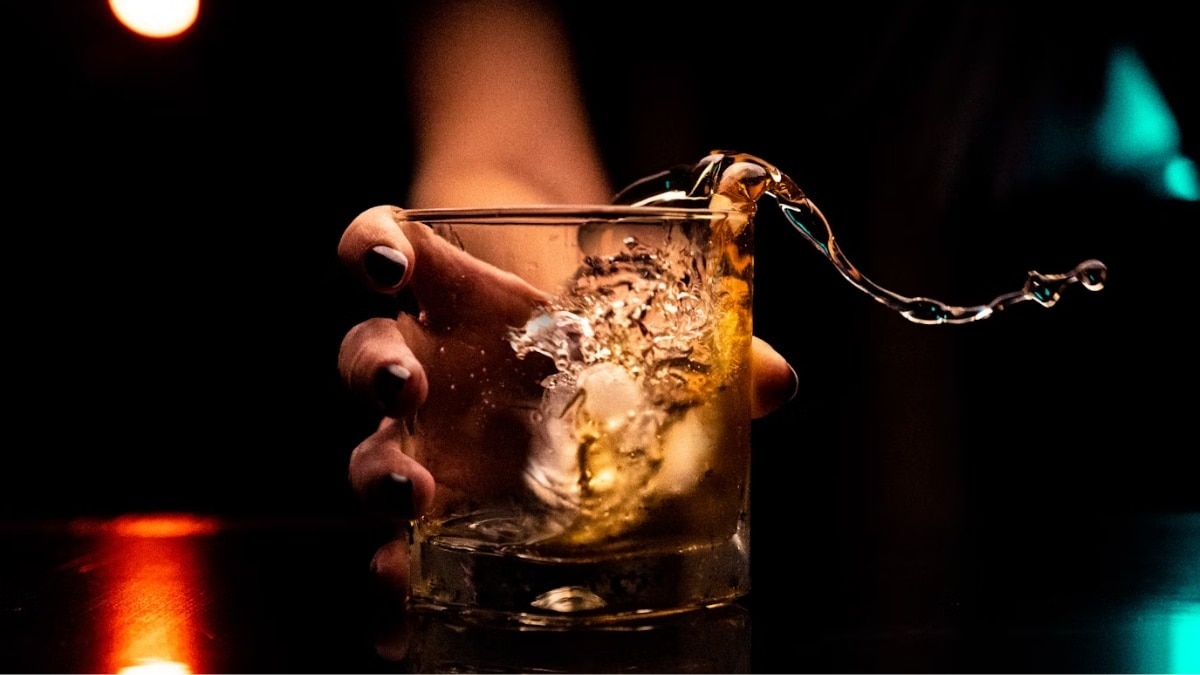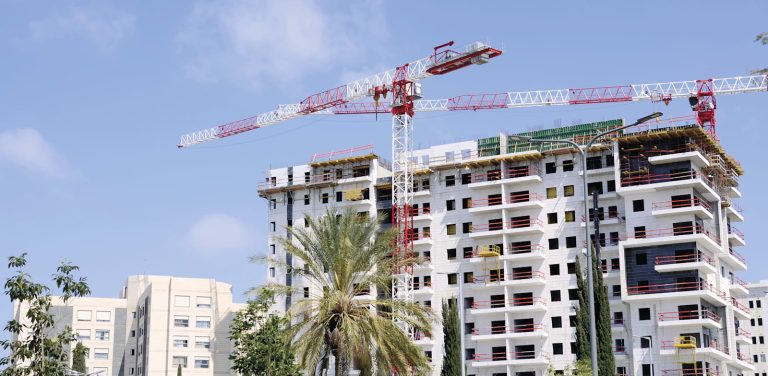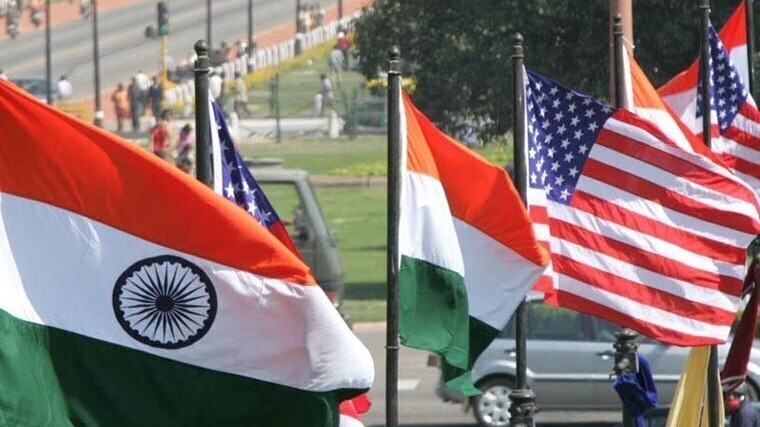Over 20,000 bar owners in Maharashtra have announced a statewide ‘Bar Bandh’ and ‘No Alcohol’ strike today. This protest is against the Devendra Fadnavis government’s decision to increase excise duty. The shutdown is supported by hotel associations in Palghar, Vasai, Pune, Nagpur, Aurangabad, Lonavala, Mahabaleshwar, and Nashik.
The strike, led by the Hotel and Restaurant Association of Western India (HRAWI) is to protest the 60 per cent hike in excise duty, the 15 per cent increase in annual FL3 license fees for FY26, and the 10 per cent VAT on Indian-Made Foreign Liquor (IMFL) sold at FL3 outlets imposed by the Maharashtra government. These measures are expected to address the financial strain from the Ladki Bahin scheme but have caused strong opposition from bar owners.
The tax increases have raised liquor prices significantly. A 180-ml bottle of country liquor now costs Rs 80, up from Rs 60–70. Maharashtra-made liquor is priced at Rs 148. Indian-made foreign liquor has increased from Rs 130 to Rs 205, and premium foreign liquor now costs Rs 360, up from Rs 210.
Jimmy Shaw, President of HRAWI, said this triple increase could force many establishments to close permanently. Shaw added that the hospitality sector supports over 20 lakh jobs and attracts 15 crore tourists annually, making it a vital part of Maharashtra’s economy. HRAWI warned that the current tax regime could lead to widespread bar closures, loss of over 4 lakh jobs, tourists shifting to neighbouring states, and a rise in unregulated alcohol consumption.
The state’s plan to issue 328 new liquor sale licenses, mainly to companies rather than individual shopkeepers, has raised allegations of favouritism. Each liquor manufacturing company is expected to receive eight licenses. The committee overseeing foreign liquor production licenses is chaired by Deputy Chief Minister Ajit Pawar, whose son is a director at Capovitez, a liquor manufacturing company. Critics have accused this of a conflict of interest.
UBT Sena MP Sanjay Raut said, “Maharashtra is turning into a land of drunkards,” while social activist Anjali Damania argued that Ajit Pawar should not head the committee. Ajit Pawar has not commented on these allegations.
HRAWI has urged the government to reconsider the tax hikes, review the yearly license fee revisions, and engage in dialogue with industry bodies to develop a sustainable policy. The public and industry stakeholders are now questioning whose interests the government’s liquor policies serve.






